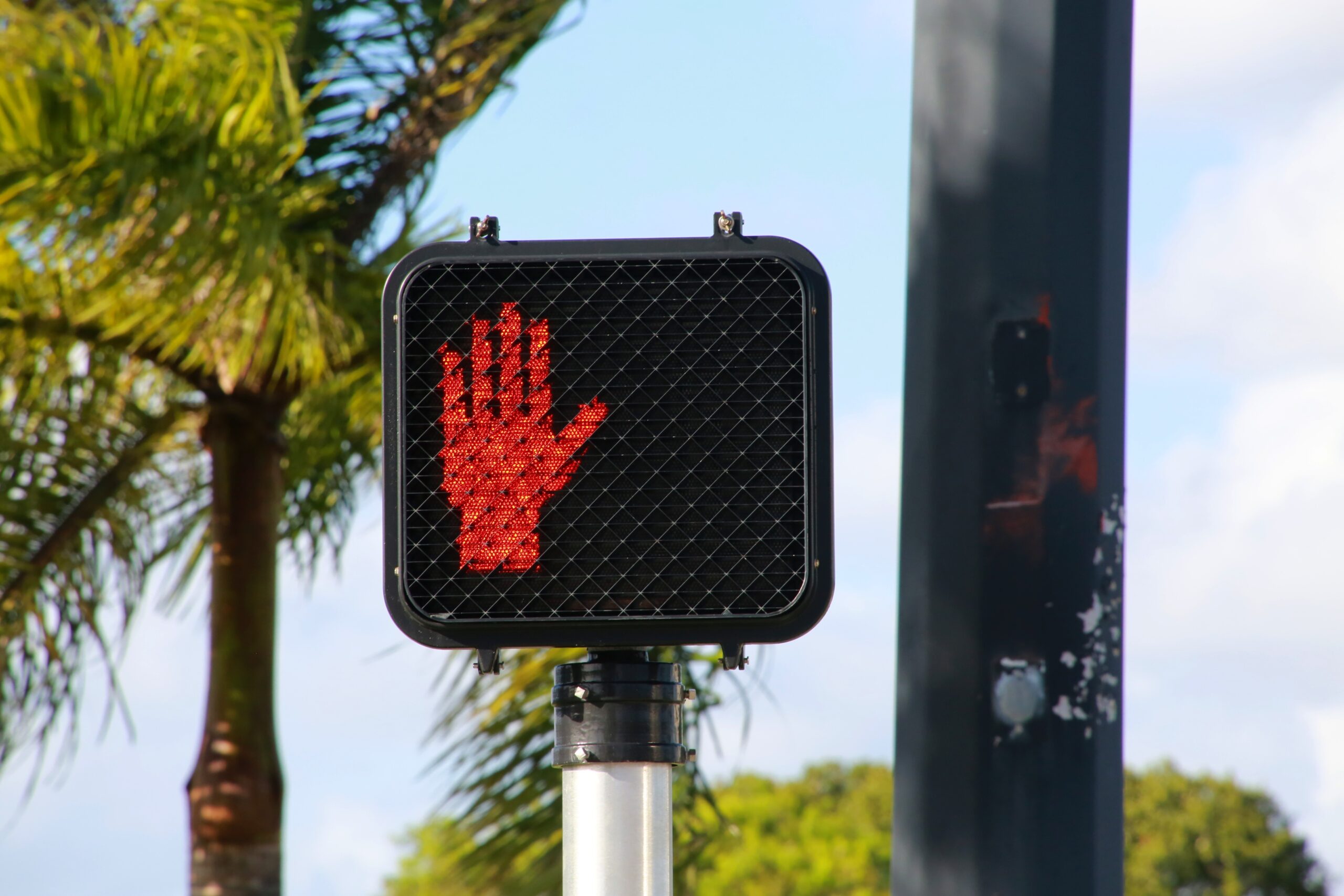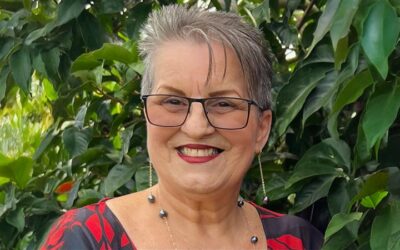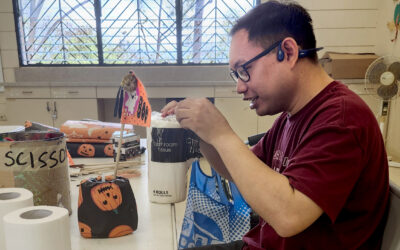For the past 9 months, 2-year-old Alan has been receiving treatment through Autism Services at Easterseals Hawaii. He’s been working with Wanda, his Clinical Manager, under the Caregiver-Led Applied Behavior Analysis (ABA) program. While they work with him and his family on a number of areas, like recognizing which situations lead to certain behaviors, one of their biggest focuses is safety.
“We’ve been coaching his parents on various strategies of ABA,” says Wanda. “Increasing functional communication is a big goal. It’s something that lets him be understood by his family and helps reduce the frustration that can come from not being able to communicate easily.”
And that goes both ways—Alan’s parents need him to understand when they tell him not to run off (also known as “elopement”) to avoid getting lost or hurt. Alan has made tremendous progress in responding to his name, making choices when asked, communicating his wants and needs, and following through when he hears the word ‘stop’ from his parents.
Alan’s parents collaborate with Wanda to practice this command through something called stop trials which all seem like fun games to Alan. They’ll have Alan jump on the mini trampoline, something many autistic children use for self-stimulatory behavior – also known as “stimming” – then tell him to stop and practice controlling his body.
The ‘stop-and-go’ game has also been a huge hit with Alan and his family. “We’ll say ‘Ready, set, go!’ and he and his parents will run around the room together,” Wanda says. “Then they’ll let go of his hands and prompt him to stop. This is to give Alan practice to stop when told and prevent elopement out in the community, which can be very dangerous for many reasons.”
Wanda has seen her fair share of treatment goals, having worked in the field for over a decade with clients ranging from toddlers to adults. “This truly is a team effort here, since each client is different and has a totally different treatment plan—each one is tailored to their unique goals, whether that’s daily living skills like brushing teeth or pointing to communicate or, like with Alan, staying safe.”
As Alan continues his treatment journey, his parents are glad to have a care team supporting them in an area that means so much to them—Alan’s safety. He’s naturally very curious and easily excited, which they treasure about his personality, so having tools designed to encourage his exploration safely has been a huge benefit in their time with Easterseals Hawaii.
If you have a child or loved one who is prone to elopement, here are some ideas to help practice important safety skills in fun but effective ways!
- Make a social story using pictures and simple phrases to explain what to do in certain situations, like asking for help from a security guard if lost or staying away from strangers
- Use positive reinforcement each time a safety command is followed by heaping on praise or giving a reward, which leads to an increased likelihood the command will be followed in the future
- Find safe opportunities out in the real world to practice, like setting up cones in an empty parking lot or playing a game like ‘stop and go’
- Talk to your care team to let them know this is a goal you’d like to see so they can help develop a game plan and coach you through what to do
Consistency is key in learning any new skill, and for Alan and his family, they’re going through the steps to ensure Alan is heard, happy – and of course, safe.
Names and identifying details have been changed for client and practitioner privacy




